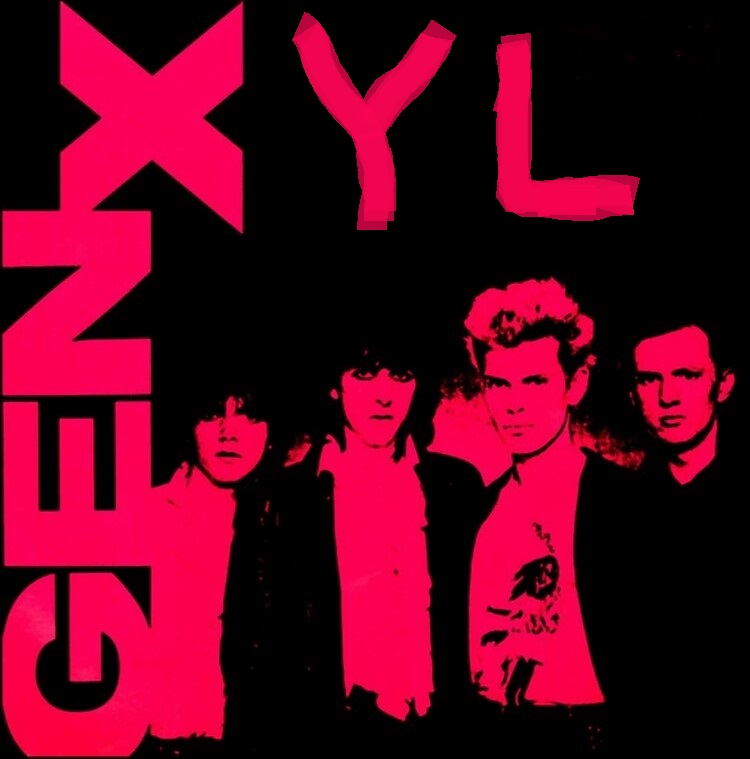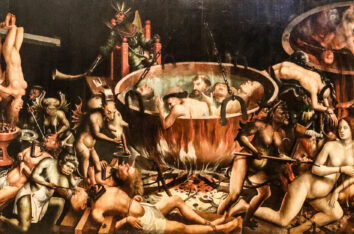Most readers will recognize the name Billy Idol, the ’80s-era singer of such tunes as “Rebel Yell,” “White Wedding,” and “Eyes Without a Face.” But what many don’t remember is that before he was a pop star he was a punker who fronted the band Generation X.
Generation X (betcha didn’t know it was also a band, right?).
For as long as I can remember, sociologists and cultural critics have sought to understand people according to (invented and mostly unhelpful) demographic monikers like “Boomers,” “Gen-X,” “Millennials,” and “Gen-Z.” The silliness and forced nature of such labels aside, I would suggest a new name for those who seek to navigate the terrain of spirituality in a postmodern context:
Generation Exile (or Gen-XYL if you’re into the whole brevity thing).
For those with backgrounds in the Christian tradition, the theme of Exile will not be new, although I would suggest it is rarely understood (at least not truly). For most who are somewhat familiar with the idea, “exile” simply refers to Israel’s captivity in Babylon as outlined in the Hebrew scriptures. Some will further note that the term is used a couple times in the New Testament to describe Christian believers (Heb. 11:13; I Pet. 2:11).
But while the literal meaning of the term is informative and helpful for understanding Israel’s history, there is a much richer and fuller sense in which the theme of Exile can be understood (this will not be the last time I will suggest that the literal meaning of something often stops short of all there is to see there).
While it is true that, in the literal sense, the people of Israel were “exiled” in Babylon as punishment for their national sins, and while it is also true that those today who look forward to a future eternal kingdom (whether on earth or in heaven) are “exiles” insofar as this hope is deferred and unfulfilled, the theme of Exile goes much deeper than this (at least for those daring enough to explore it).
As I will be seeking to demonstrate over the next several articles, Exile is a concept that touches upon the individual as well as the eschatological, the human as well as the divine, and the already as well as the not yet.
Further, I hope to show that Exile is not necessarily negative (although it can be), and indeed when understood and embraced, the experience of Exile can be the consummate hallmark of disruptive joy.
More to come….



